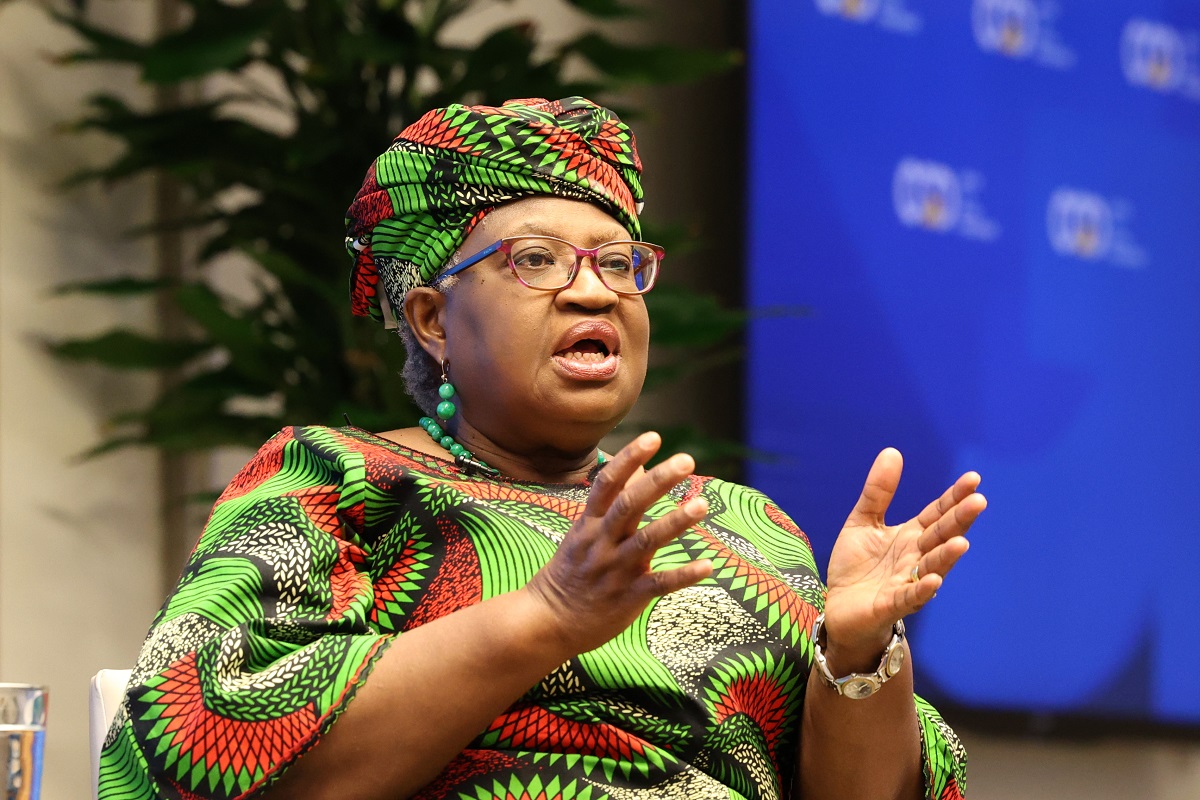The newly released Trans-Pacific Partnership (TPP) text reveals that US trade negotiators have finally caught up with the IMF and others on the question capital controls. Unfortunately, by allowing for appropriate uses of controls on “hot money,” the TPP may have created new enemies within the powerful US financial services lobby, further jeopardizing political support for the agreement.
There is no loftier perch from which to opine on global macroeconomic issues than the IMF’s annual Mundell-Fleming lecture. And there has been no loftier occupier of that perch than this year’s speaker, former Federal Reserve Board chairman Ben Bernanke.
So when Bernanke twice in his remarks last week questioned the economic value of the free flow of capital and affirmed the value of “friction” in the international system in the form of capital controls among other macroprudential measures, you can be certain that the weight of serious thinking on this issue (call it Washington’s conventional wisdom) now rests squarely in favor of views that were considered close to heterodox just a few years ago.
Bernanke’s comments follow increasingly firm statements from the IMF itself in favor of selective use of capital controls. All of this marks a remarkable shift in that less than a decade ago official views were firmly against the use of capital controls.
To be fair, leading economists like Bernanke did not necessarily change their minds overnight (if in fact their minds were ever squarely against capital controls), and arguably much of current thinking responds to a growing body of evidence about the costs of destabilizing financial flows and paucity of evidence about the benefits of unconstrained capital flows. In fact, as Fed chairman, Bernanke did give a gentle nod toward controls when talking about lessons of the financial crisis, though his “support” was couched in a great deal of skeptical language. That skepticism was notably absent in his comments last week.
But nowhere is the shift in thinking more meaningfully revealed when it comes to actual policy than in the newly released Trans-Pacific Partnership text. The key provision in Article 29.3 of the text says this:
2. Nothing in this Agreement shall be construed to prevent a Party from adopting or maintaining restrictive measures with regard to payments or transfers relating to the movements of capital: (a) in the event of serious balance of payments and external financial difficulties or threats thereof; or (b) if, in exceptional circumstances, payments or transfers relating to capital movements cause or threaten to cause serious difficulties for macroeconomic management.
The absence of a provision like this one in prior US-led free-trade agreements has meant that US trading partners have faced some degree of legal jeopardy when they seek to impose controls as a macroprudential measure, even under circumstances where the IMF is telling them to do so. So, the TPP language is a welcome step forward and a win for the macroprudential crowd.
Macroprudential win may be political loss
But this story is not just one of evolving intellectual views. In reality, trade agreements, which must be blessed by Congress, are political in nature and subject to the forces of industry lobbyists and interest groups. As a result, much of the financial services industry — call them the “hot money” lobbyists — has long been successful in steadfastly resisting any allowance for capital controls in trade agreements. It is fair to say that their thinking on this issue, unlike the IMF’s, is not as responsive to the growing body of evidence.
No doubt, these lobbyists are not happy about the TPP text on capital controls. Which is the fundamental political dilemma the Obama administration faces on TPP. The agreement still has its fierce critics on the political left, particularly among groups who will no doubt always oppose trade agreements. But when the administration seeks to use trade agreements in new ways (colleague Kim Elliott points to the tobacco “carve-out” as another example), and in ways that run counter to the interests of those who typically support trade agreements, the political momentum behind the agreement is weakened. But to its credit, the administration has chosen to take the right position on capital controls even if it’s not the politically expedient one.
CGD blog posts reflect the views of the authors, drawing on prior research and experience in their areas of expertise.
CGD is a nonpartisan, independent organization and does not take institutional positions.





